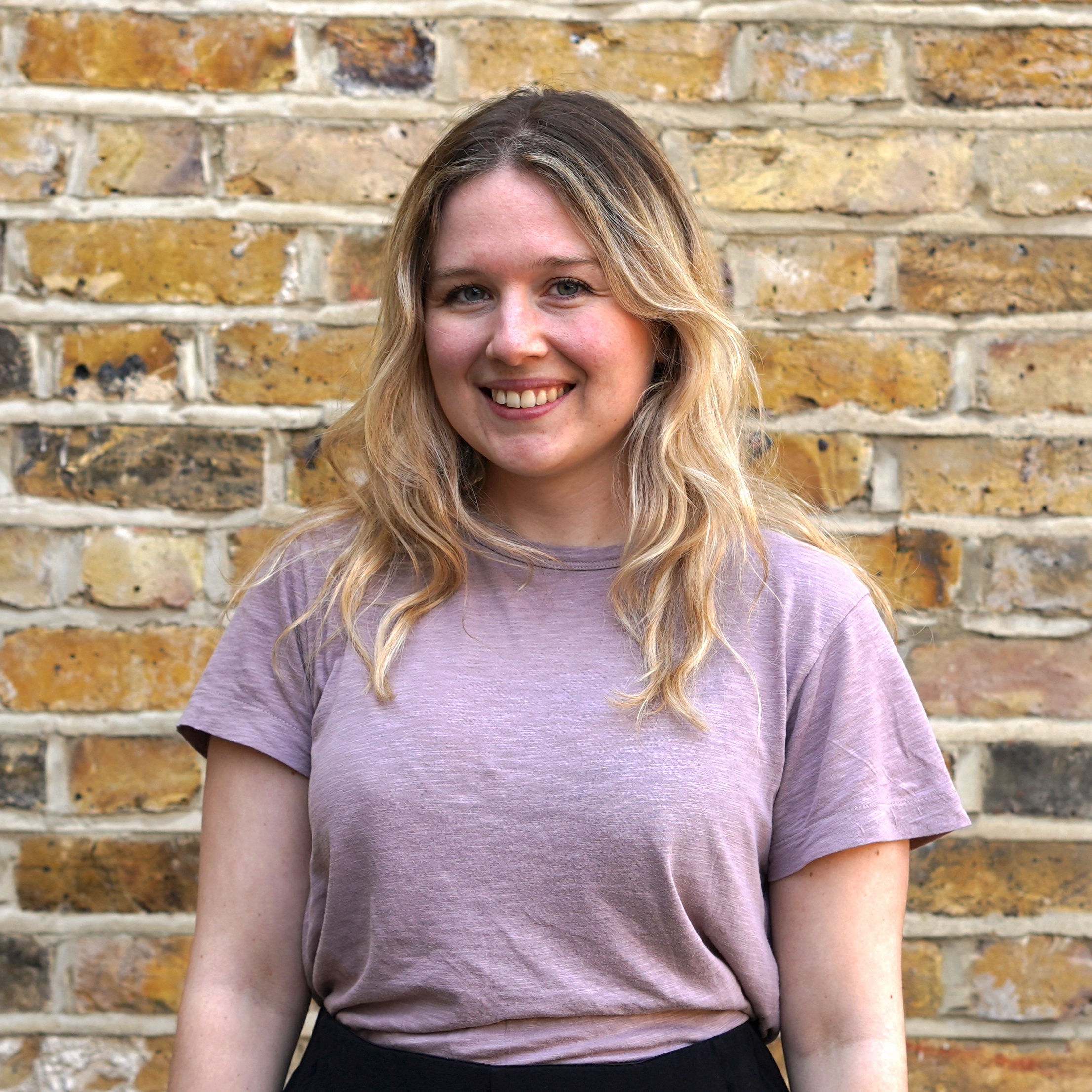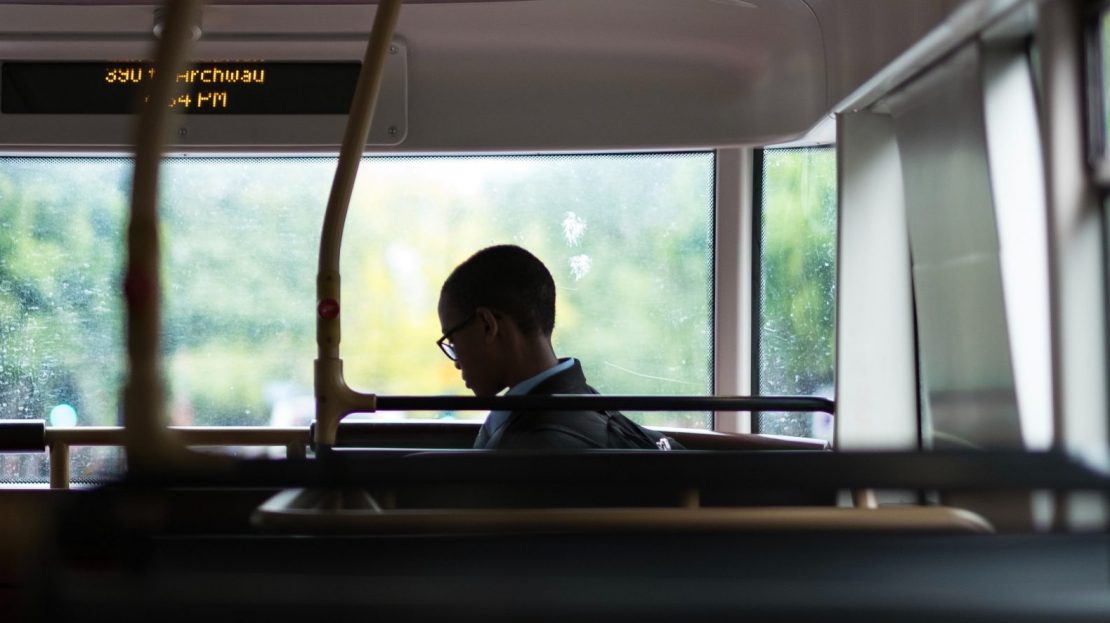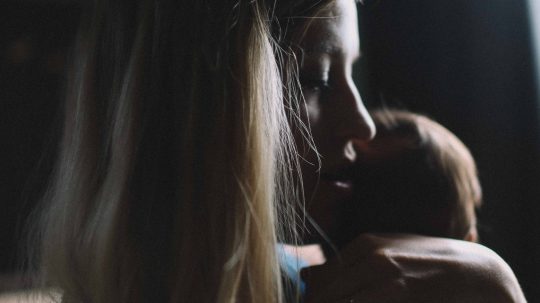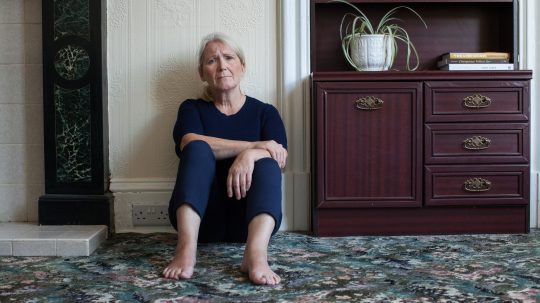WARNING: Please note this piece includes accounts from individuals who have experienced domestic abuse.
When Kim Fawcett left her abusive partner, she fled their home in Spain with their six-week-old daughter to a local refuge with little more than a few baby clothes. She was summoned to the Spanish courts by her ex-partner over child custody arrangements, but was given permission by a judge to take her daughter and leave the country. Fawcett went home to her mum’s house in England with her baby daughter where she felt safer. Little did she know that she had just breached an international child abduction law and was at risk of losing custody of her daughter.
The law, called the 1980 Hague Convention on the Civil Aspects of International Child Abduction, requires the rapid return of children who are considered to have been “wrongfully taken” from their country of habitual residence. This could be where the child has lived the longest or, in Fawcett and her daughter’s case, where the child was born.
The convention, which has more than 101 signatory countries, including the UK and Ireland, was intended to return children when one parent took them to another country without the other’s consent. It aims to then resolve child custody disputes in the country of habitual residence.
The intention of the convention was to prevent a parent who was not the primary carer of the child from abducting them. However, a report from the European Parliament found that the use of the Hague Convention has “radically changed” from this aim. Today 73% of parents who take children to another country are mothers, who are almost always the primary carer of the child.
“It’s such a simple treaty. And that’s the problem,” says Ruth Dineen, who coordinates the Hague Mothers project, which supports mothers in the UK and elsewhere who cross international borders to flee abusive partners.
Dineen says that forcing a parent who has taken a child into another country to return them can put people experiencing domestic abuse from their partner at risk.
“If mothers take the children [to another country], they invariably go back with the children to try and continue to safeguard them [if children are returned under the convention],” she says. “And then that puts them into an even more seriously dangerous situation.”
She says that when the convention was created, international actors did not predict this risk.
For Fawcett, it was “terrifying” to face a court case from her ex-partner to return her daughter to Spain.
“There were times I did think, ‘I’m just going to go back [to her ex-partner]’,” she says. “It was easier for me just to pack my suitcase and go back to him than it was to try to fight this because I was so frightened. I was terrified that they were going to send me back [to Spain] anyway. And if they sent me back, my biggest fear was that I would lose custody of my daughter.”
But she counts herself lucky. The previous court order from a judge who had granted her permission to take her daughter out of the country meant she could keep her daughter with her in the UK. But if this order had not been in place, she may have had to go back to Spain with her daughter like many others. Statistics show that in 65% of cases, the parent who has taken the child has been ordered to return them.
Anita Gera has not seen her two children in seven and a half years because their father applied to the court for them to return from the UK to the US under the Hague Convention. Anita lived with her husband and their two children in the US, where he physically abused her.
“It was a very abusive relationship. I was stuck there. He said: ‘If you do anything against me, I will make sure you never see your children again.’”
However, when Anita’s parents fell ill, he allowed her and her children to move to the UK and agreed to separate. She says her husband cut off all contact with her and their children. They had spent just under a year in the UK, with the children enrolled in school, when he requested the children move back to the US under the Hague Convention.
“I was not running away,” she says. “We were here with his permission. I didn’t even refuse [to let the children return to the US]. I just said tomorrow is not the best day and suggested they finish the school year.”
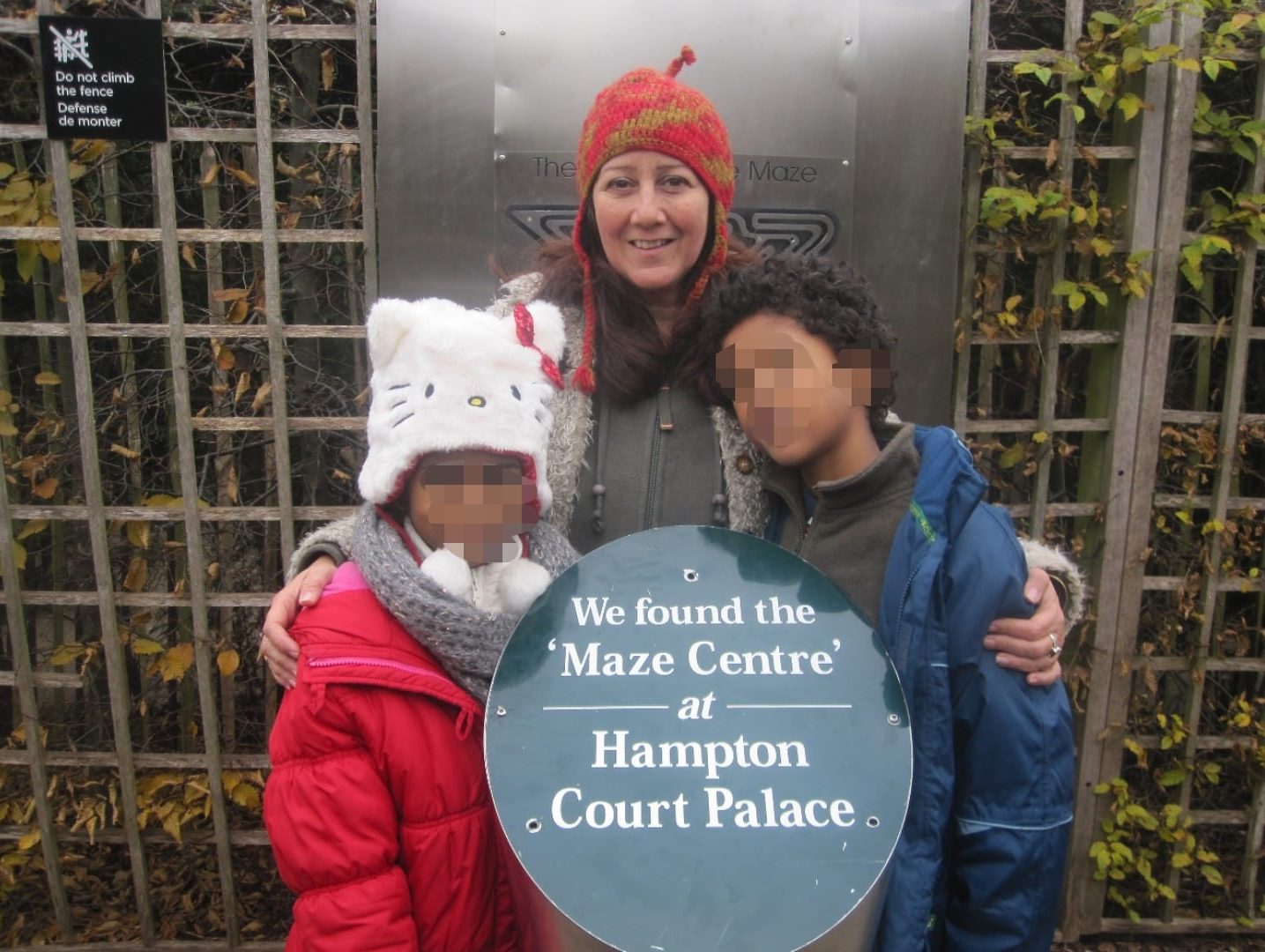
Anita Gera and her two children in the UK before they were separated by her abusive ex-partner. Credit: Anita Gera
Despite her best efforts – and reassurance from authorities in the UK – Anita had to take her children back to the US. She says her children were “afraid” of their father. When they were told they would have to leave, they cried and barricaded themselves in their room.
Although Anita had a court order to keep her husband away from her, he met them at the airport, a moment she describes as “terrifying”. The courts in the US decided that the children had to stay with their father, while Anita – considered a ‘flight risk’ by the US authorities – was only allowed supervised contact with them while the case was decided.
“I was desperately trying to find a lawyer. I had no money. I had to borrow money off my parents. I didn’t even understand half the words they were using [in court],” she says.
Eventually the judge ruled that Anita was allowed to see her children for 12 weeks a year in the school holidays. Anita returned to the UK and has only been able to afford to see her children once. She was also required to pay child support to her partner, but had to go on Universal Credit in the UK and fell behind on her payments. This is a criminal felony in the US, which means she could risk arrest if she ever went back.
“Women and children are punished by this system because they are trying to not be with an abuser. As women we are told to leave an abuser,” she says. “But if you leave [in this circumstance], you are punished and your children are punished forever.”
She says that the law did not take into account her children. “My children have had to live without their mother. They’ve lost me and all of their maternal family… I can get support. My children can’t. They’re the victims, really.”
No domestic abuse defence
Fawcett, now a teaching fellow of criminal law at Durham University, says the major flaw in the convention is that it does not account for domestic abuse from one parent against the other. In England and Wales, two women a week are killed by their partner or ex-partner. Globally, one in three women have experienced domestic or sexual abuse by a partner.
“For many, they feel it’s safer for them to be as far away as physically possible from the perpetrator [of abuse] to keep the mum and baby safe,” she says. “But unfortunately, the Hague Convention disagrees.”
Despite such evolutions in legal and social understandings of domestic abuse in recent years, the Hague Convention has remained unchanged since 1980. There is a defence concerning ‘grave risk’ for the child, but Dineen says this is interpreted in a “very narrow way” that does not account for the impact on a child of witnessing domestic abuse against a parent.
The National Society for the Prevention of Cruelty to Children (NSPCC) considers witnessing domestic abuse to be a form of child abuse. Despite this, an expert panel to the Ministry of Justice in 2020 raised concerns about how the UK’s family courts respond to domestic abuse in child contact cases.
The law has recently changed in the Domestic Abuse Act 2021 and a previous practice order, which required the courts to account for the impact of witnessing domestic abuse on a child in custody cases. But Women’s Aid, a charity which supports people who have experienced domestic abuse, says the family courts remain “unsafe” for survivors of abuse.
Fawcett says that when a parent raises domestic violence as a defence for taking their child out of a country, the bar for what is considered abuse under the convention is high.
“Judges in this country have made it very clear that grave risk means extremely serious risk, and it has to be towards the child,” she adds.
Reforming the convention
Despite its flaws, the convention can act as an important safeguard to stop one parent from taking a child away from the other.
Fawcett says it needs to include an “extra defence” to account for the risk of domestic abuse from one parent against the other, and the impact of witnessing domestic abuse on a child. Coercive control, which is now a criminal offence in England, Wales and Northern Ireland, is not considered to be a form of domestic abuse in many countries signed up to the convention. The domestic abuse defence should include different forms of abuse, says Fawcett, such as psychological and financial abuse, as well as violence.
Dineen believes that the convention needs a “significant change”. She says the Hague Mothers would like to see it used only for its original intention – to safeguard the child. They would to exclude cases where a parent is fleeing from another because of domestic abuse.
Fawcett says that there is a lack of awareness about how the law works. “In this country, we still have the police and domestic violence services telling women to leave the country [the UK] to go back home… and not realising that by doing that, they’re actually putting the mum in such a dangerous situation because they have then ‘abducted’ their child.”
Fawcett says there needs to be greater cooperation between countries to resolve child custody cases across borders. “It isn’t 1980 anymore. We can work in conjunction with other jurisdictions to try to get a more favourable outcome.
“Why can’t we use technology to talk about it between the two jurisdictions and let’s decide what’s best for the child?”
If you are experiencing domestic abuse, you can call the UK’s 24-hour National Domestic Abuse Helpline on 0808 2000 247.


